
I wrote Cold-Case Christianity in an effort to examine the Gospels using the same standard jurors use when evaluating witnesses in criminal cases. But these witnesses (the Gospel authors) can’t be cross-examined; they’ve been dead for many centuries. How can we consider them to be legitimate if they can’t be cross-examined? Isn’t any effort to evaluate them as eyewitnesses negated by this limitation? I think it’s appropriate to evaluate the reliability of the gospels using the standard typically applied to eyewitnesses, even though I don’t think it’s reasonable to exclude them because they can’t be cross-examined. There’s a big difference between evaluating witnesses for the purpose of a criminal trial and evaluating witnesses for the purpose of establishing a chronological truth:
Eyewitness Reliability Related to Criminal Trials
The standard for criminal trials is exceptionally high related to eyewitnesses and there’s a good reason for this. We would rather release one hundred guilty people than wrongly convict one innocent person. For this reason, we give the defendant the benefit of the doubt, assume his innocence, and give his defense team every possible opportunity to confront and examine accusers and witnesses. That’s appropriate in criminal trials, even though it often limits the ability of the prosecution to establish the truth.
Eyewitness Reliability Related to Chronological Truths
The standard for establishing historical truths must, by necessity, be very different than the standard for criminal trials, unless, of course, we are willing to reject any claim of history for which we don’t have a living eyewitness (to cross-examine). History is established on the written testimony of eyewitnesses or the research of historians who have access to such testimony. If we rejected every claim about the past that couldn’t be supported by living testimony, we’d be forced to live in the present, unsure of anything that precedes us by more than two generations.
Vincent Bugliosi, the celebrated criminal prosecutor who became famous as the prosecutor in the Charles Manson case, wrote a book a called Divinity of Doubt, claiming that the hearsay clause excluded the Gospels as legitimate testimony. If Bugliosi applied this criminal standard to his own history as a prosecutor, he’d have to admit that all of his own experience and work as an Assistant District Attorney will soon be irretrievably lost; as those who lived during the Manson trial begin to die of old age. Why should we believe the court record of this case if there’s no one still alive to testify (and be cross-examined) about its veracity? Why should we even believe that Bugliosi ever lived or worked as a prosecutor? In one hundred years, there won’t be any living eyewitness who can testify about Vincent or his career. It’s reasonable to examine the Gospel authors and ask (1) if they were present during Jesus’ ministry, (2) if they can be corroborated in some way, (3) if their testimony has been altered over time, or (4) if they possessed a bias that should exclude their testimony altogether. But it is unreasonable to reject the apostolic accounts simply because they are dead. If we took that approach with everything from the past, we couldn’t even be certain of our own personal family histories. That’s an unreasonable (an impractical) standard to embrace.

J. Warner Wallace is a Dateline featured Cold-Case Detective, Senior Fellow at the Colson Center for Christian Worldview, Adj. Professor of Christian Apologetics at Talbot School of Theology, Biola University, author of Cold-Case Christianity, God’s Crime Scene, and Forensic Faith, and creator of the Case Makers Academy for kids.
Subscribe to J. Warner’s Daily Email


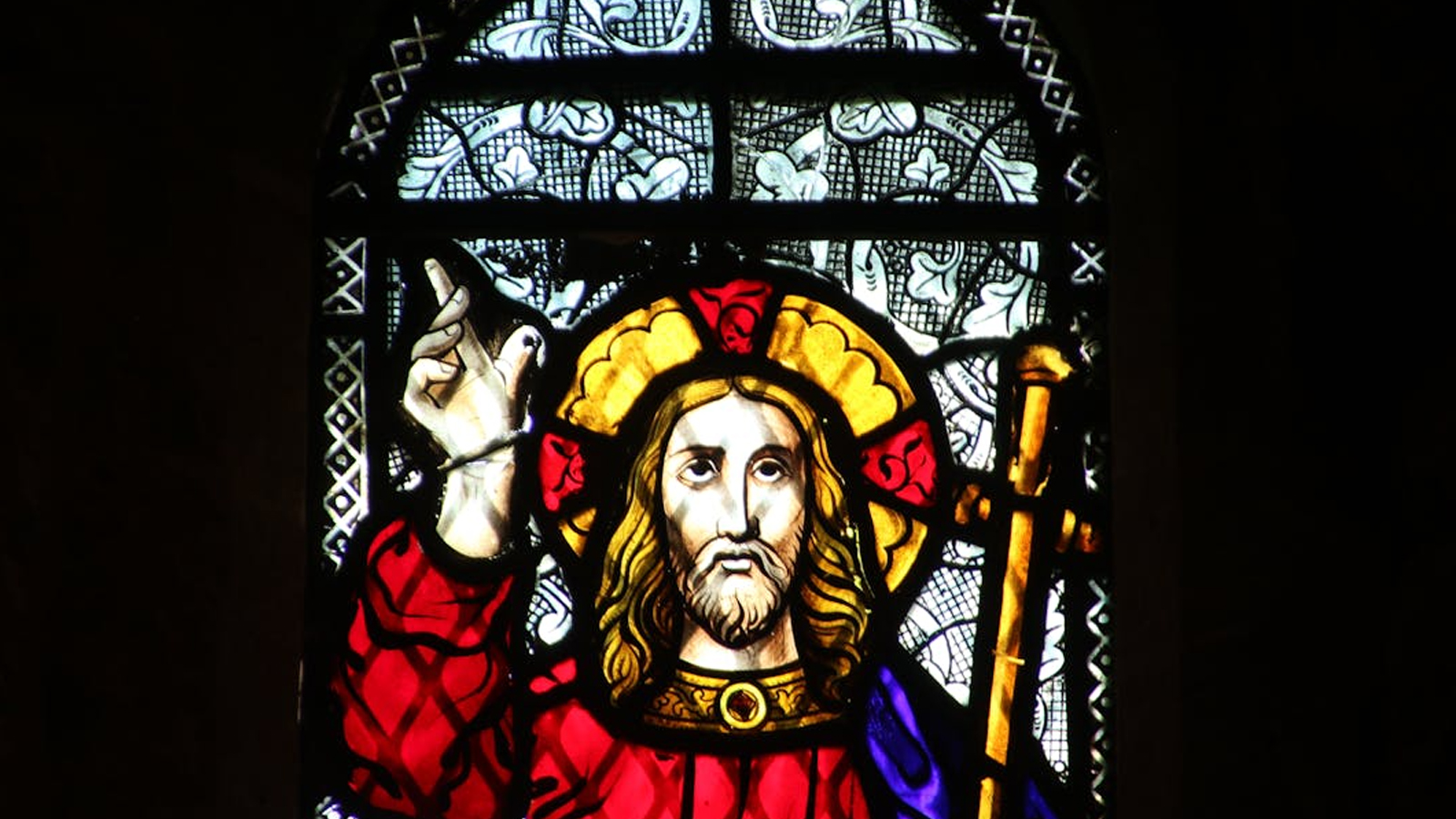








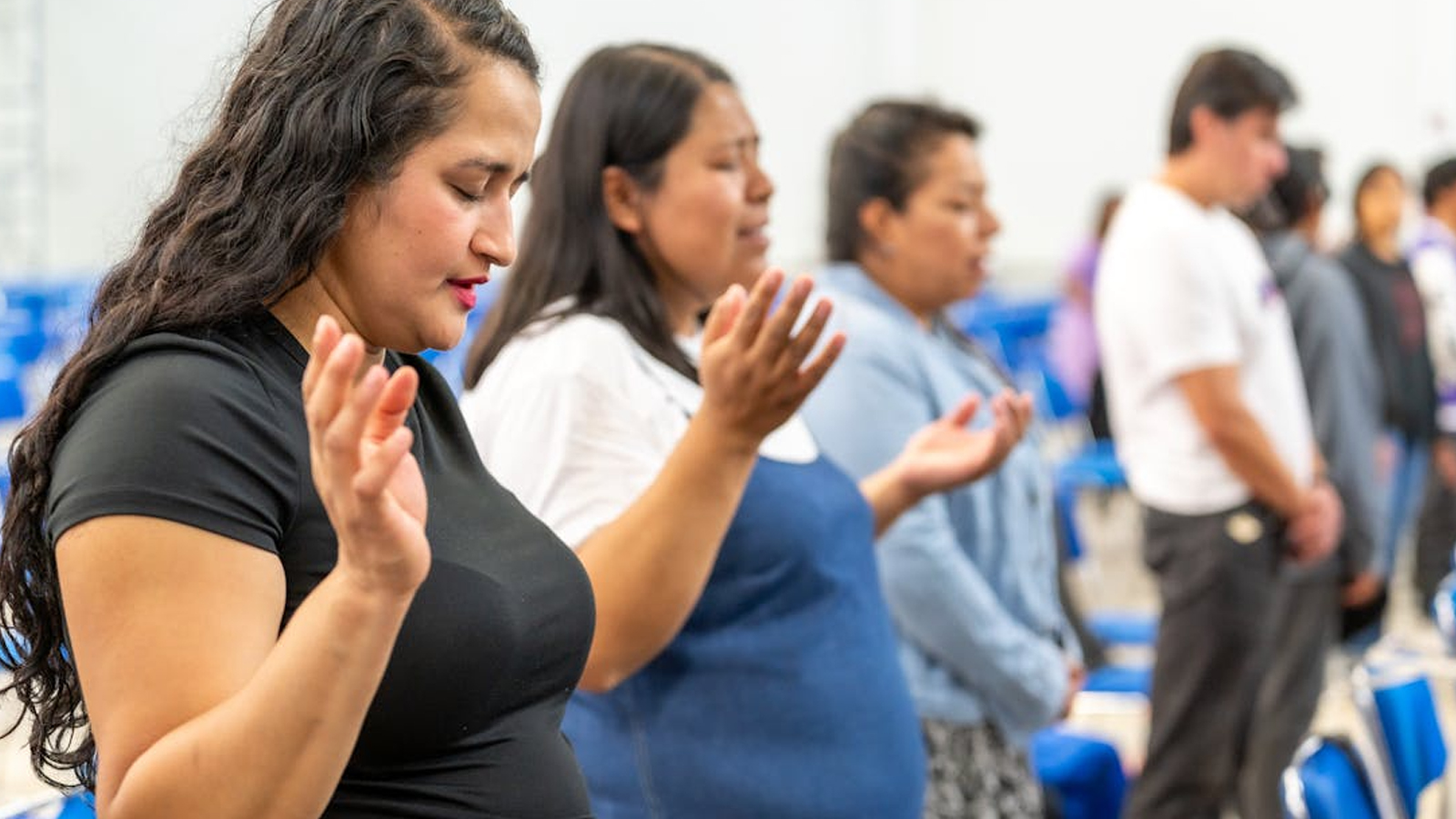

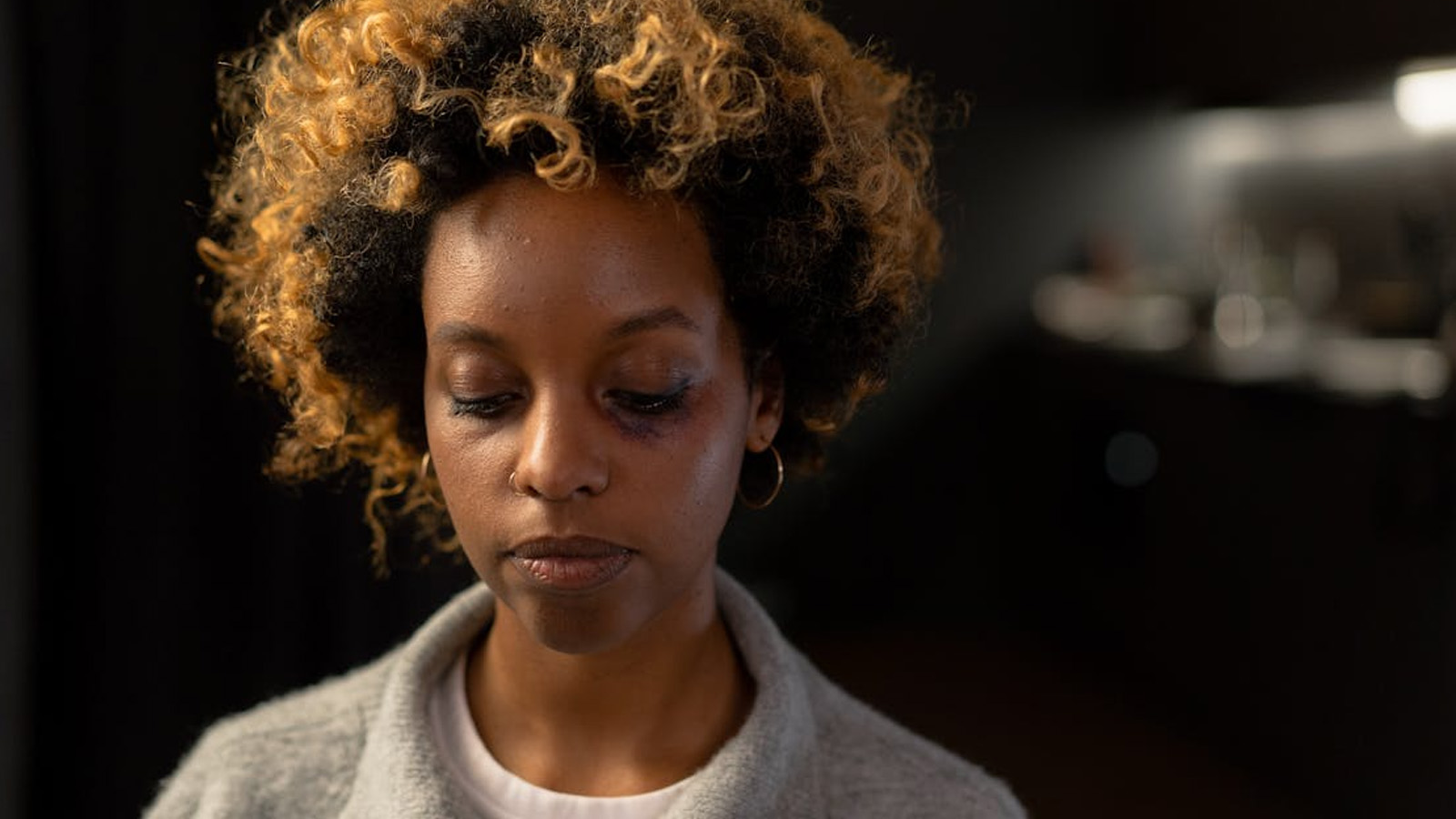

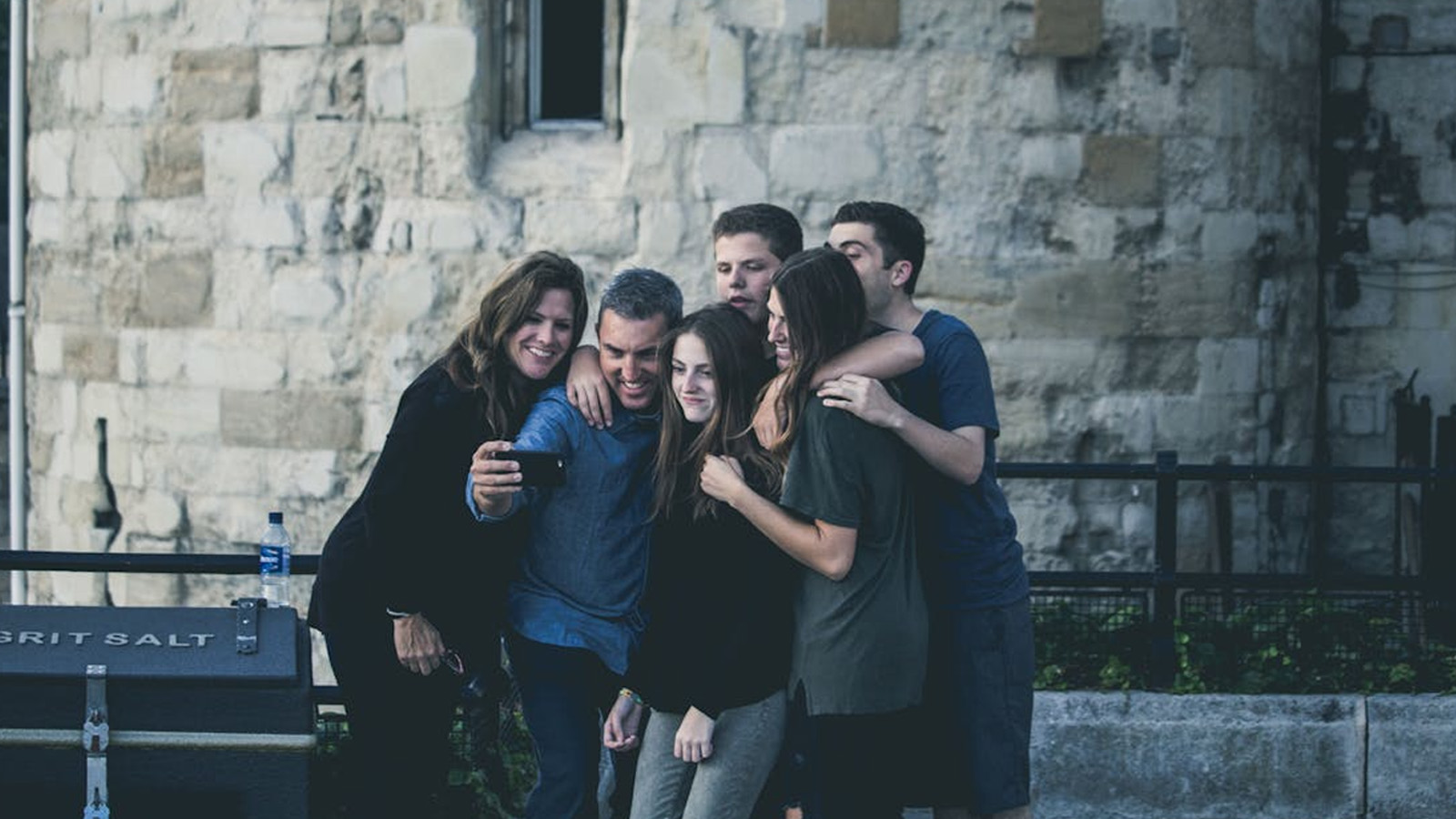

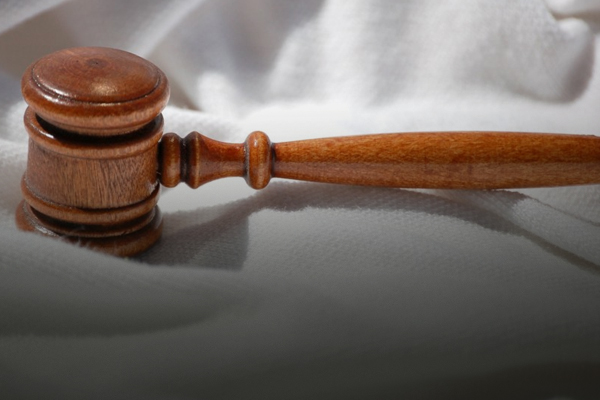



Pingback: Sí, la cosmovisión cristiana es apoyada por la evidencia
Pingback: mid-week apologetics booster (7-9-2020) – 1 Peter 4:12-16